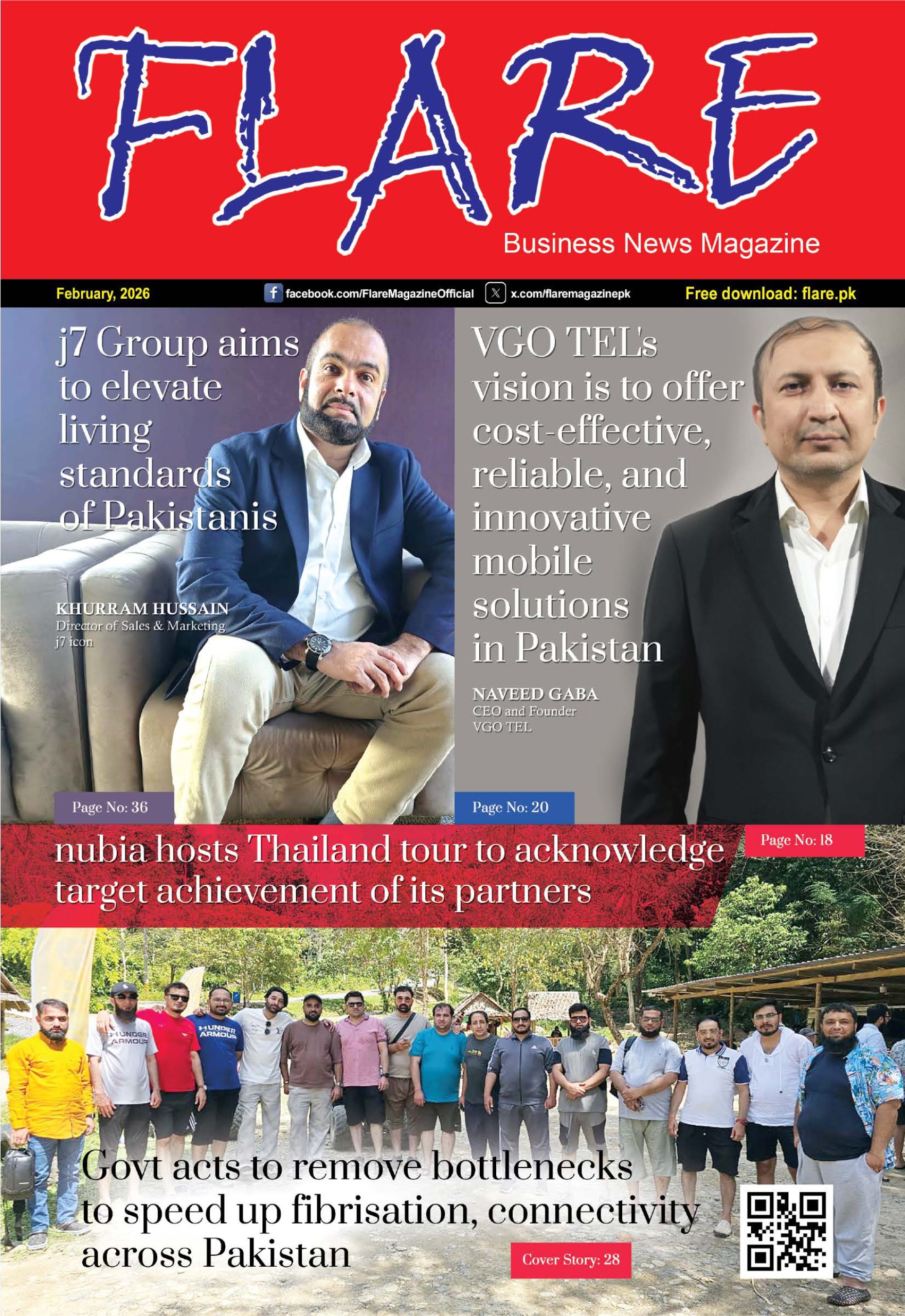Webdesk – 07/08/2025: Pakistan often looks to the West for guidance, assuming what works for developed countries will work for us too. This mindset, shaped by years of post-colonial influence, still drives many of our national decisions. One example is the current thinking around our auto industry. The government is considering increasing the import of used cars and reducing support for local manufacturers. While this may seem like a modern and efficient move, the reality is far more complex—and potentially dangerous.
Supporters of this shift often point to countries like Australia. They argue that Australia also opened up its car market and stopped supporting local manufacturing. But what many fail to understand is that Australia made this decision from a position of strength. In 2010, it had a well-established automotive industry producing over 239,000 vehicles annually. The government lowered import tariffs to just 5%, expecting local companies to compete globally. Instead, most global brands shut down their factories and started importing vehicles from their international plants. By 2017, all of Australia’s car manufacturing plants had closed. But the country’s economy remained strong, and brands like Toyota continued to dominate the market through imports.
Australia could afford to do this. It is a high-income country with a powerful services sector, strong mining exports, and advanced infrastructure. When it moved away from car production, it had other industries to absorb the impact. Pakistan is not in the same position. Our automotive sector is still young and developing. It supports around 2.5 million jobs, directly and indirectly. If we follow the same path as Australia without having alternative industries in place, the result could be rapid deindustrialisation and long-term economic harm.
Some argue that moving capital away from car manufacturing will make the economy more efficient. But where exactly is this capital going? Have we identified new industries that can absorb the workforce and investment? Has the government presented a clear plan? In the absence of these answers, the idea of “efficiency” sounds more like a buzzword than a strategy.
Instead of spending our limited foreign reserves on importing fully built-up vehicles, we should invest that money into our own manufacturing capabilities. We have a large and capable workforce. What we need is consistent support for local manufacturers, incentives for building a parts industry, and long-term planning for industrial growth. Shutting down the auto industry now would be like dropping out of university before learning the basics and calling yourself overqualified.
Australia moved on because it had completed its learning journey. Pakistan hasn’t. Blindly copying policies without understanding the local context is not modernization—it’s economic mismanagement. If we keep mimicking others without reading our own map, we may end up somewhere we never wanted to be.



